Are you a professional film director or a producer? Then, owning a high-resolution camera is the need of the hour. However, there are certain intricate factors you need to consider when you want to purchase a high-end camera. The important ones are functionality, resolution, cost, design, and the make of the product.
For personal use, you may want to shoot out your outdoor travel with friends or family. Or, you may want to videograph your brand new cuisines you dole out in the kitchen.
In this online guide, we are going to outline 4 main factors on how you get to choose your very own high-resolution camera.
1. The Quality of The Glass
The quality of glass is a very important consideration while a purchase when it comes to buying a brand-new high-resolution camera, after all. The clearer the lens is, the higher-quality pictures you are going to snap. Higher-quality pictures suit higher-resolution cameras, and therefore, you get the right quality for the money you are paying for. EF lenses on a PL adaptor look great for high-resolution pictures, and your photoshoots are going to be fab. Similarly, you have another variety of Zoom lenses from leading brands, too, for you to choose from. For more quality-related configurations, you can opt for a Zoom motor coupled with a studio focus and PL mount lenses that fit into the high-resolution camera that you plan to buy.
2. Working Efficiency of The Model You Aim Choosing
When you are a professional doing hectic photoshoots as a part of your work, here is a trivia you must actually know about. Do you know what this is? Well, when you work on your high-resolution camera throughout the day, carrying out your workflow, you may also tend to continue using it once you are back home. Say, for instance, you may want to shoot pics of your mood-based selfies or do photoshoots of your son or daughter playing games. Or, it can even be the scene of your dog playing frisbee. So, what happens to the footage of the camera after its constant use? Have you ever thought about it? However, there are two simple things you can work around with.
Let me outline them for you here one by one:
- Firstly, insert a software file that covers the post-work shoot-outs. Once you reach home, you can connect your laptop to the video cam. This way, all the photo shoots you perform after your work get transferred to the software on your laptop.
- Or, go in for a camera that has an in-built workflow mechanism. Say, like the RAW workflow. You can check for demo sessions on how the engine transcode works post-shoot-outs.
When you follow either of them, you will rest assured that the camera will not be subjected to an acute deal of wear and tear.
3. A Camera that Guarantees you HD Quality
Quality always surpasses the price tag when you want to purchase high-end equipment. You pay that little extra for the quality that you get from a device, be it electronic or digital equipment like a laptop or a high-resolution camera. It is all the same here. That being said, you must look for a camera that guarantees you HD quality.
HD stands for High Definition, and it is only with HD quality that you can continue taking high-resolution pictures from your camera. This is because high-resolution pictures are the ones that unveil magic during outdoor photo shoots, taking exotic pics with friends and family during a vacay trip, or even while you allow your kids to do star gazing at night.
In a nutshell, aim for a high digital cam that supports you on the professional front as well as helps you out with your personal needs.
4. Consider the Speed and CODEC Configurations
The speed at which you are able to photo shoot with your camera plays a very important role when you decide on your buy. Here, you are typically looking at the ‘Exposure Index’ of the camera when you aim to picture a photoshoot covering a feature film or a documentary epic.
Technically speaking, you look for the Exposure Index configuration the camera assures you of. And do not forget to look at high-quality lenses that help you do the photo shoots even with a dim or a poor level of lighting.
The high-resolution camera must have an inbuilt color correction process so that you can use the camera for photoshoots, covering every single project you have on the professional front. The camera must also have soundproof abilities to filter out extra noise or data levels while you are in the photo-editing process.
The CODEC is the next technical configuration you must be looking at. Connecting the photo editor to software that handles the extras conveniently is something you must work around with. You can look for cameras that help you shoot RAW files and Pro ReZ files together. Do not forget the fact that your raw CODECS can consume a significant amount of data space.
Summing It Up
We have seen 4 important as well as technical configurations you must look for while choosing your very own high-resolution camera. If you find that the prices of high-end cameras are quite high, you do have inexpensive software that gets you an add-on in terms of increasing HD values or your CODEC capabilities. The software lets you save tons of money while allowing you to get photo shoots done with your existing camera.
However, we would say investing a little extra on your camera is always for the better as you want a quality buy that satisfies your personal as well as your professional commitments you expect out of a camera.
So, when are you going to purchase your brand new high-resolution camera?
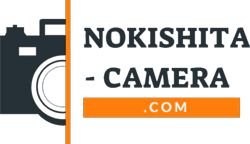
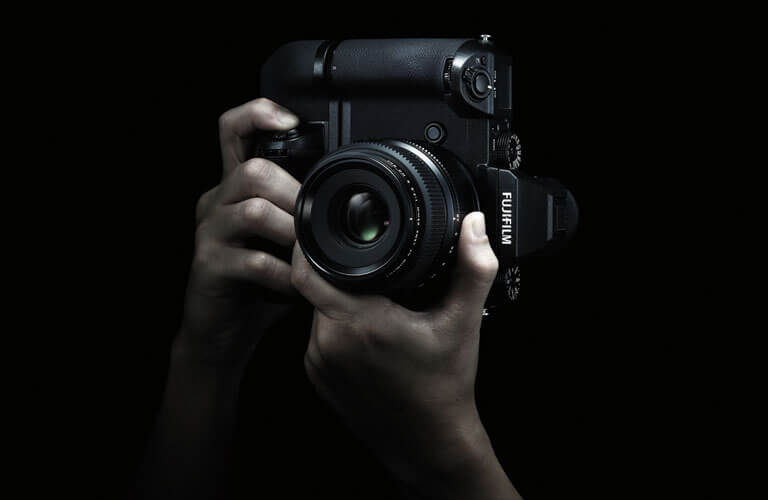


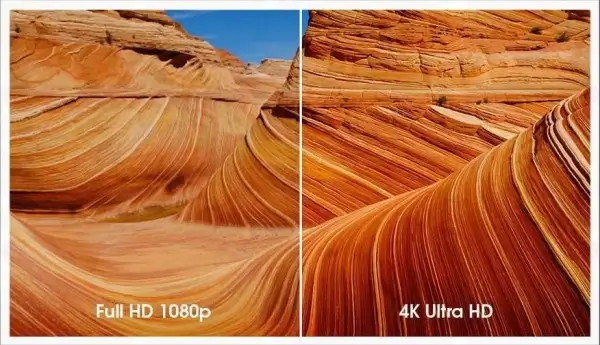
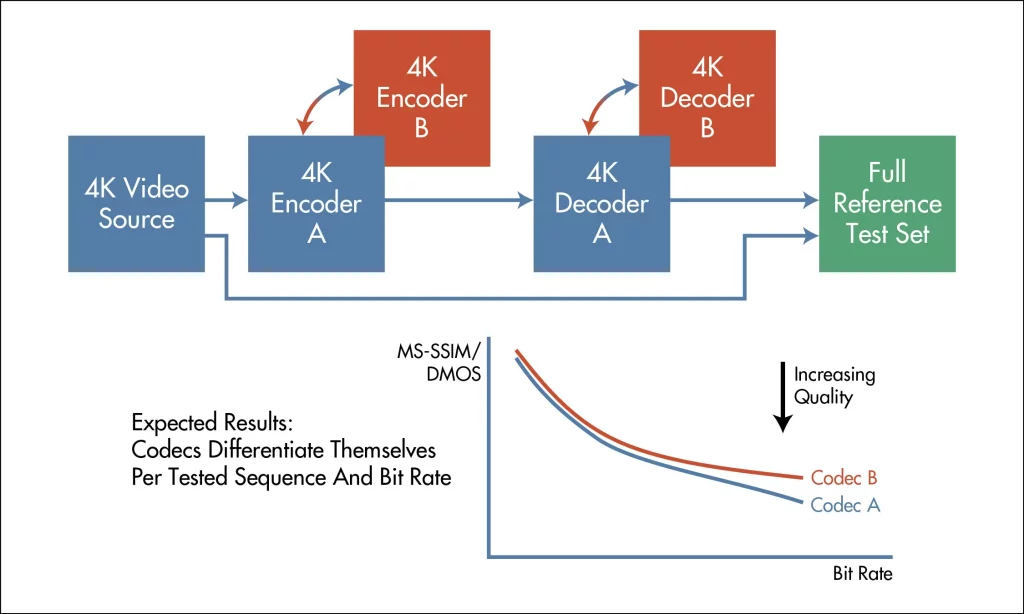
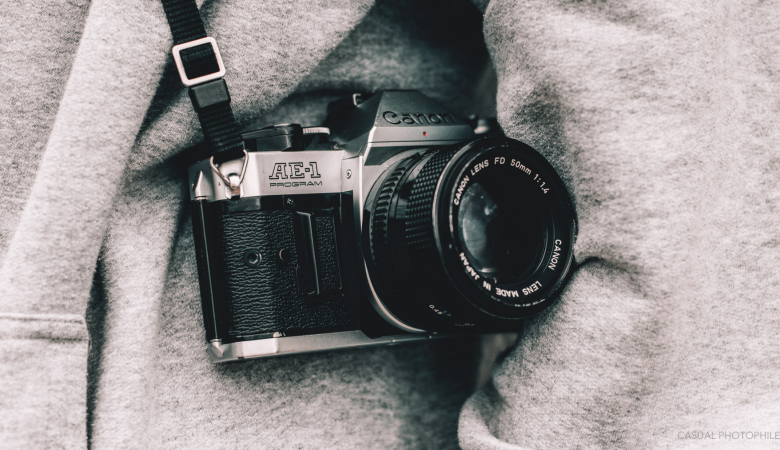
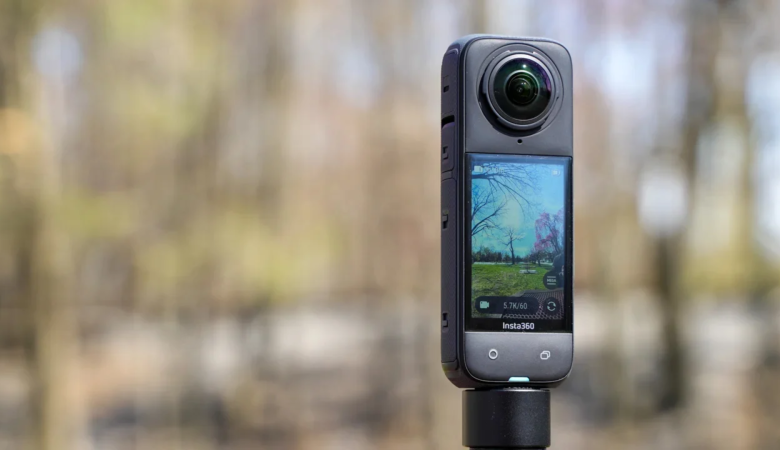
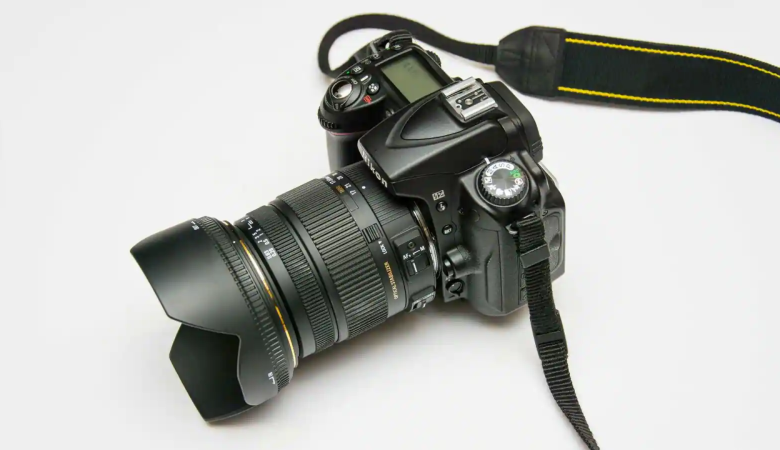
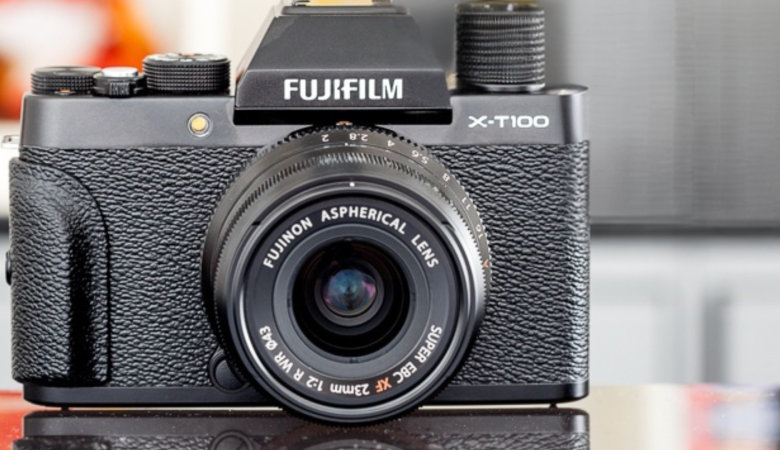
Leave a Reply